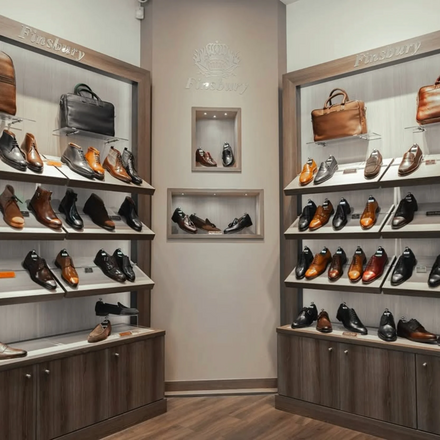Franchise models

Franchising in Central and Eastern Europe presents diverse financial models, from classic franchises to deposit-based systems, reshaping entrepreneurial opportunities in the region.
Franchising in Central and Eastern Europe has witnessed a surge in popularity, serving as a viable avenue for enterprising individuals to venture into business ownership while leveraging established brand names. However, the financial dynamics between franchisors and franchisees vary considerably in the region, primarily categorized into two main systems: the classic franchise model and the deposit franchise/agency system.
The classic franchise model
In this model, franchisees operate autonomously, managing sales and pricing at their discretion. While offering flexibility, this approach often comes with the trade-off of lower profit margins due to bearing inventory costs and associated risks. Financial transactions typically involve marketing fees, initial fees, and ongoing fees, which may fluctuate based on market size, sales revenue, or services provided.
The deposit franchise/agency system
In contrast, franchisees in the deposit franchise or agency system act as sales representatives for the franchisor. Prices and discounts are dictated by the franchisor, with franchisees earning commissions to cover inventory management and financing expenses. Financial arrangements in this system generally include marketing fees, commissions, and initial fees, which may be fixed or tied to sales revenue or services delivered.
Choosing the right payment model
Selecting the appropriate payment model depends on several factors, including the level of knowledge transfer, the extent of delegated business processes, pricing policies within the network, and the degree of decision-making autonomy granted to franchisees. Each model presents unique advantages and drawbacks, necessitating careful assessment to align with the goals and preferences of both franchisors and franchisees.
In summary, grasping the intricacies of franchise payment models is crucial for fostering mutually beneficial partnerships within the franchising ecosystem. Whether opting for the independence of the classic model or the support of the deposit franchise system, clear communication and alignment of interests are vital for driving sustainable growth and success in the evolving landscape of franchising across Central and Eastern Europe.
Featured franchises
No featured franchises
Breaking news
Show all
Next Engineers - a global STEAM Education
Innovative STEAM education franchise empowering children through hands-on engineering learning, combining structured curricula with scalable...

LA BARBE DE PAPA
Step into a premium grooming network built for growth, offering a structured franchise model with clear financials and strong operational support.

Pandora Greenbox franchise
Pandora Greenbox offers a scalable fast-casual concept combining healthy cuisine, smart design and strong unit economics across Europe.

Expanding premium footwear through franchising
A French footwear brand expanding through franchising, offering structured entry into premium shoe retail with established operational standards.



